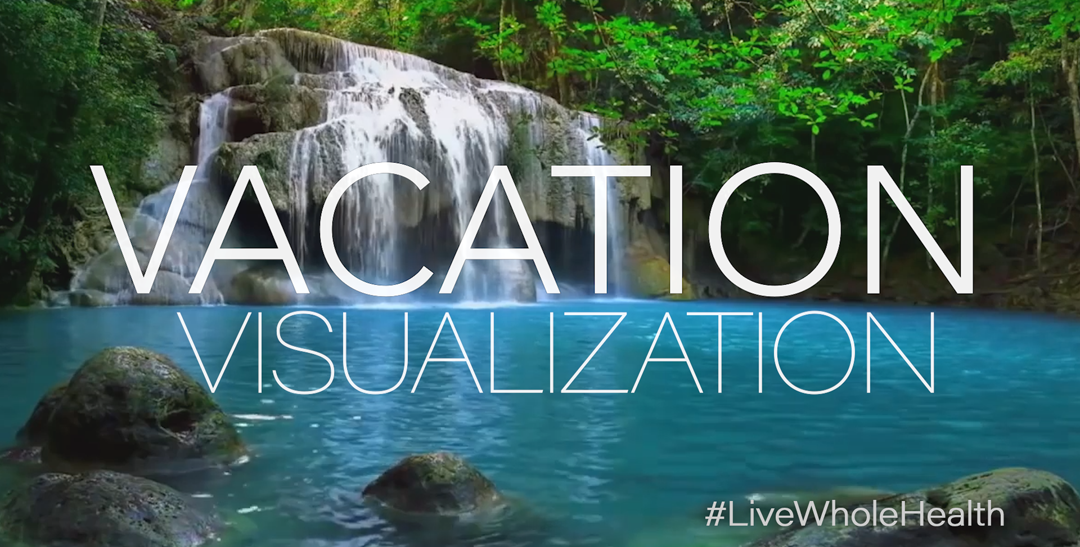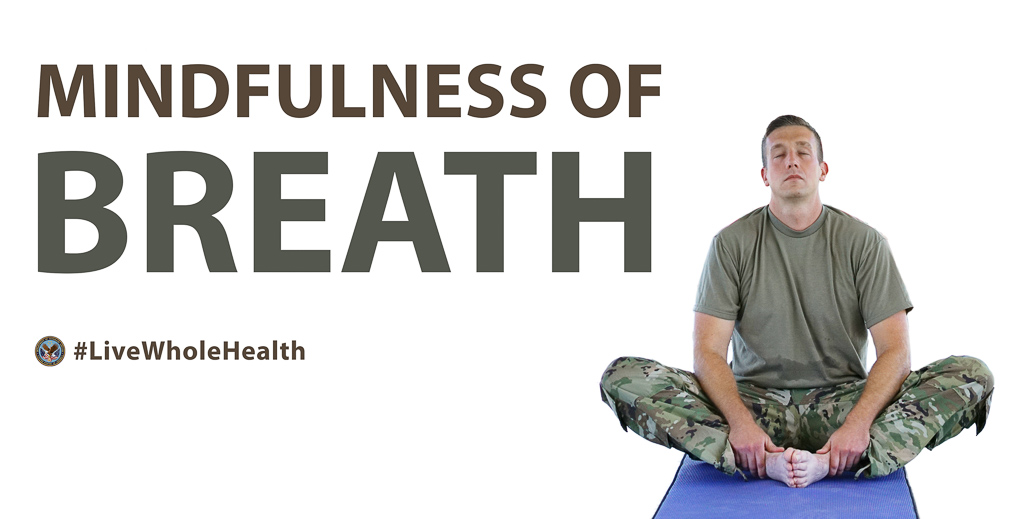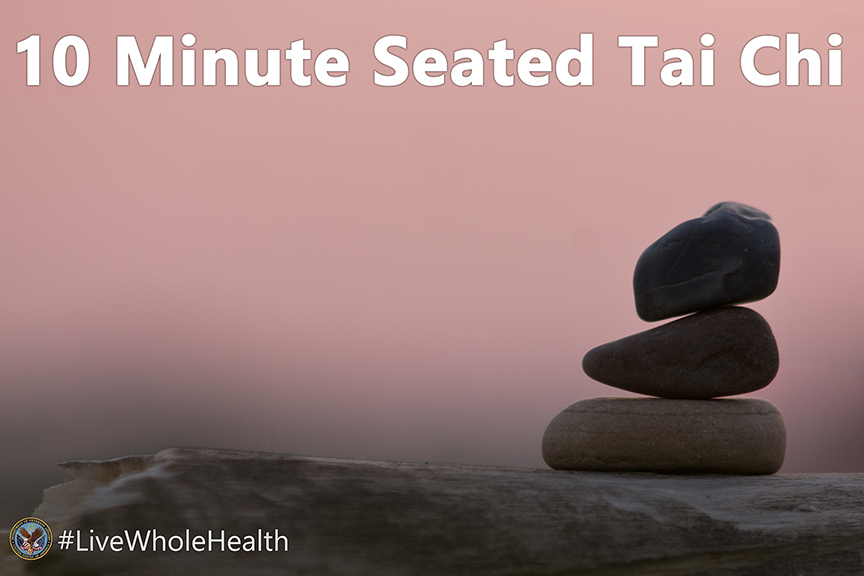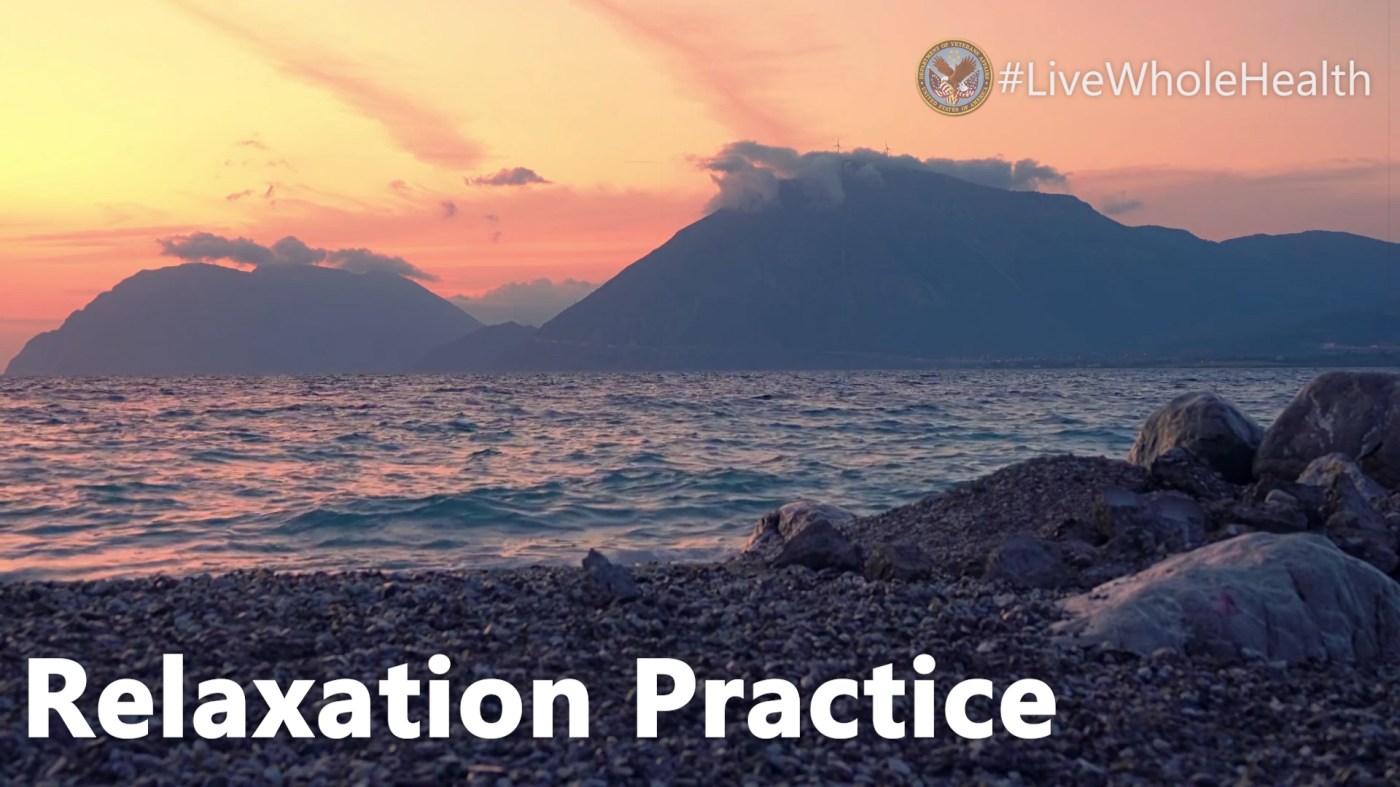The thoughts and images from your imagination can impact your physical body, your emotions and your mood. During guided imagery and visualization, you use your imagination to promote positive effects.
Guided imagery suggests using images to redirect your mind away from physical and emotional symptoms. Those images take you to another time and place. This visualization allows you to create your own images: you can picture yourself in a more peaceful environment, achieve deeper relaxation, or an improved mood.
We use visualization in everyday activities, like when reading a book, dreaming at night, or even when worrying about something. In all these activities, your mind is creating images that you see and feel.
Some people are highly visual and easily see images during visualization practices. However, it’s normal for people’s imagery to vary. The importance of the practice is to focus on as much detail as possible and strengthen the images with all your senses. With guided imagery you are the movie director projecting whatever thought or feeling you want onto your mental screen. If you don’t like an image, feeling or thought, you can redirect your mind to something more comfortable.
Guided Imagery and visualization allow you to use your imagination to promote healing. Join Dr. Tracy Gaudet in a 7-minute “Mini Mental Vacation” visualization practice:
More information
Are you interested in other ways to improve your mood?
Mood Coach is a free and publicly available mobile app based on behavioral activation, a non-medication intervention for depressed mood. Mood Coach is for people who have experienced depression or are looking for a way to improve their mood. It was created by a team at VA’s National Center for PTSD. This app provides users with education about depression and PTSD, a customized plan with enjoyable activities that support their values, daily mood ratings to track symptoms of depression, reminders to stay on track, and methods to find support. Although Mood Coach can be used on its own, it’s not meant to replace therapy for those who need it. To learn more about VA apps, visit https://mobile.va.gov/appstore.
VA’s Whole Health approach incorporates self-care techniques, including visualization and mindfulness, to help you to be more conscious of your thoughts and feelings. This type of practice can help with relaxation, processing grief and improving focus. To learn more about mindfulness, visit https://www.va.gov/WHOLEHEALTH/veteran-handouts/index.asp.
Sara Grimsgaard, MHMS, NBC-HWC is a health systems specialist for the Integrative Health Coordinating Center and Whole Health Education Program in the VHA Office of Patient Centered Care and Cultural Transformation.
Topics in this story
More Stories
Discover the power of your breath! Explore how mindful breathing can bring peace, ease your mind and enhance clarity in this week's #LiveWholeHealth video.
Find your center and calm your mind with seated Tai Chi ? Embrace the gentle flow of movements, even from the comfort of your chair.
Amid life's chaos, find solace within. Dive into a 10-minute iRest yoga nidra practice for relaxation and inner peace this week #LiveWholeHealth video.







Visualization is so much underrated. This article speaks to me especially.
no I can’t get past my health concerns. Until I figure out what the issues are and what can be done, I can’t relax. They refuse to tell me anything. california and it’s VA. health care system is doing everything it can to kill me. Why? what did I do. LIKE I GOT TRUST STILL. It’s no one’s job, to tell you anything about the extent of your critical injuries, cancers, or diseases. No treatment options no answer to questions. Like, do I have cancer? how about any diseases? blood work and labs test are used to maximize profits by insurance, companies, and political entities. my health is the last thing to be considered if at all. No f*cking way